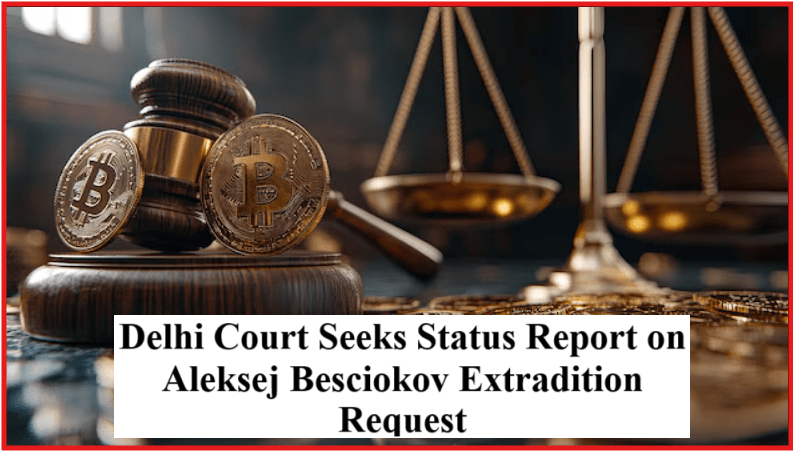The Supreme Court observed that discrepancies in evidence against deliquent can not be the only ground to interfere with findings of disciplinary inquiry.
Delivering the judgement of State of Karnataka vs. N. Gangaraj , a bench comprising of Justice S. Abdul Nazeer and Justice Hemant Gupta observed that the tribunal or High Court could not interfere with the findings of the facts recorded by reappreciating evidence , acting in the capacity of Appellate Authority, when once the evidence has been accepted by the departmental authority in exercising of power of judicial review.
Application for condonation of delay under proviso to Section 128(1) of the Customs Act, 1962
The bench said that the Tribunal/Court cannot reappreciate the evidence and to arrive at its own independent findings on the evidence. Referring to Union of India v. P. Gunasekaran, it observed that under Article 226/227 of the Constitution of India, the High Court shall not:
- re-appreciate the evidence;
- interfere with the conclusions in the enquiry, in case the same has been conducted in accordance with law;
- go into the adequacy of the evidence;
- go into the reliability of the evidence;
- interfere, if there be some legal evidence on which findings can be based.
- correct the error of fact however grave it may appear to be;
- go into the proportionality of punishment unless it shocks its conscience.
“Judicial review is not an appeal from a decision but a review of the manner in which the decision is made. Power of judicial review is meant to ensure that the individual receives fair treatment and not to ensure that the conclusion which the authority reaches is necessarily correct in the eye of the court. When an inquiry is conducted on charges of misconduct by a public servant, the Court/Tribunal is concerned to determine whether the inquiry was held by a competent officer or whether rules of natural justice are complied
with. Whether the findings or conclusions are based on some evidence, the authority entrusted with the power to hold inquiry has jurisdiction, power and authority to reach a finding of fact or conclusion. But that finding must be based on some evidence. Neither the technical rules of Evidence Act nor of proof of fact or evidence as defined therein, apply to disciplinary proceeding.”
Government to High Court: English medium does not violate Right to Education
“Therefore, the orders passed by the Tribunal and the High Court suffer from patent illegality and thus cannot be sustained in law. Accordingly, appeal is allowed and orders passed by the Tribunal and the High Court are set aside and the order of punishment imposed is restored.”








![Tax Law Internship at Legum Attorney [Chamber of Ashish Panday], Delhi : Apply by 15th May 2025](https://www.ourlegalworld.com/wp-content/uploads/2025/05/IMG_0113-min.png)

